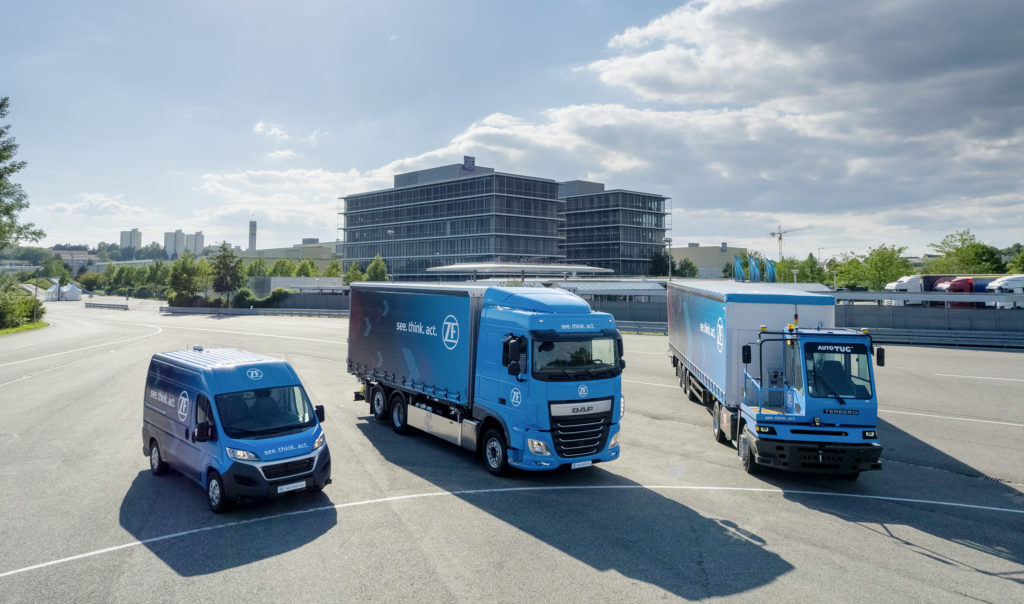German car parts manufacturer ZF Group intends to invest more than €12bn (US$14bn) in research into e-mobility and autonomous driving over the next five years, particularly for applications in the logistics and delivery sector.
Under the headline ‘Smart Logistics,’ the company has used automation, networking and electrification to create several applications for various aspects of the logistics chain.
Wolf-Henning Scheider, CEO of ZF, said, “We are revolutionizing the last mile so that packages can be delivered more cleanly, safely and on time. For this reason, we are working together with partners and customers to further develop our concept ready for series production within the next two years.
“Despite current challenges in the markets and increased spending for developing new technologies, ZF remains on course. We will achieve our goals for the current year which include our revenue targets, investment increases and reducing debt,” Scheider said.
One example is ZF’s Innovation Van which is based on the company’s high-speed onboard computer ZF ProAI, as well as its sensor set consisting of camera, radar and lidar.
The all-electric delivery truck is equipped with Level 4 autonomous driving functions and is designed to independently maneuver through city centers, stay in its lane even without road markings, recognize both traffic lights and road signs and react to sudden hazardous situations.
“In addition, the Innovation Van can detect and drive around obstacles such as double-parked vehicles. The FollowMe function – which utilizes a tablet-based remote control – enables the van to follow the driver as if on a virtual leash.
“In addition, if there is no parking available at a certain address, the driver can send the vehicle ahead to the next stop where it will look for a parking space on its own. This will help to avoid traffic jams caused by delivery trucks which are often double parked.”
ZF’s two latest concepts, the Innovation Truck and the Terminal Yard Tractor, have been developed in response to key freight challenges. These vehicles can autonomously maneuver swap bodies, trailers and containers.
“Driverless transport vehicles and automated functions will play a significant role particularly in zoned areas like company terminal yards, forwarding company depots or air and sea ports,” added Scheider.
“In the near future, we will be seeing more autonomous vehicles in such zoned areas faster than on public roads. The cost, safety and efficiency benefits for customers will make a difference here.”


